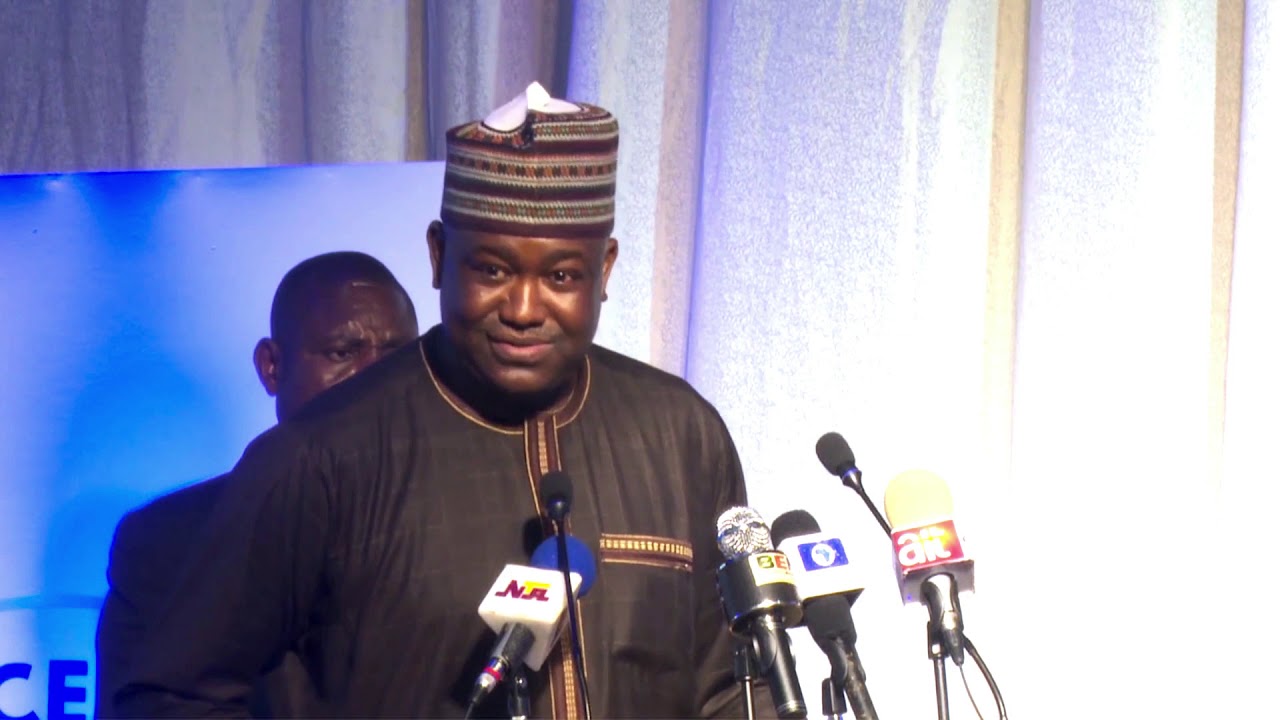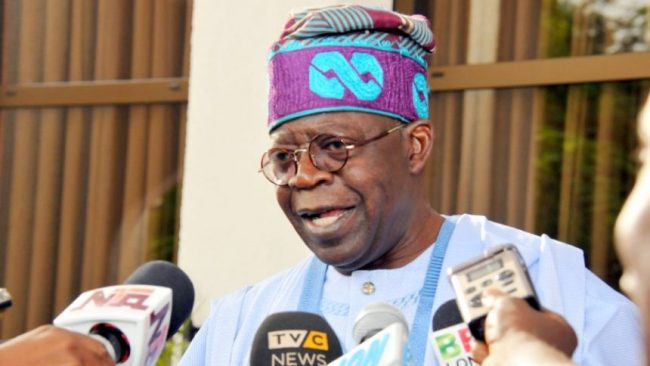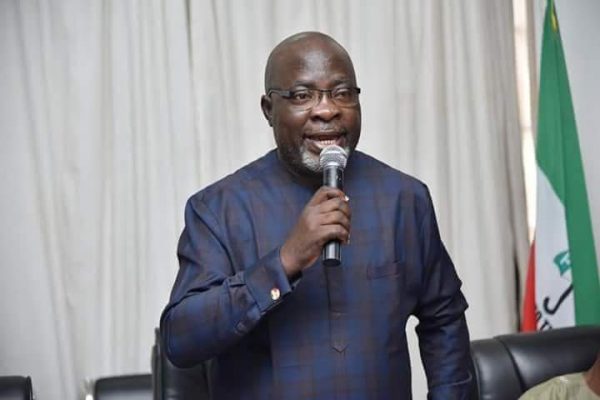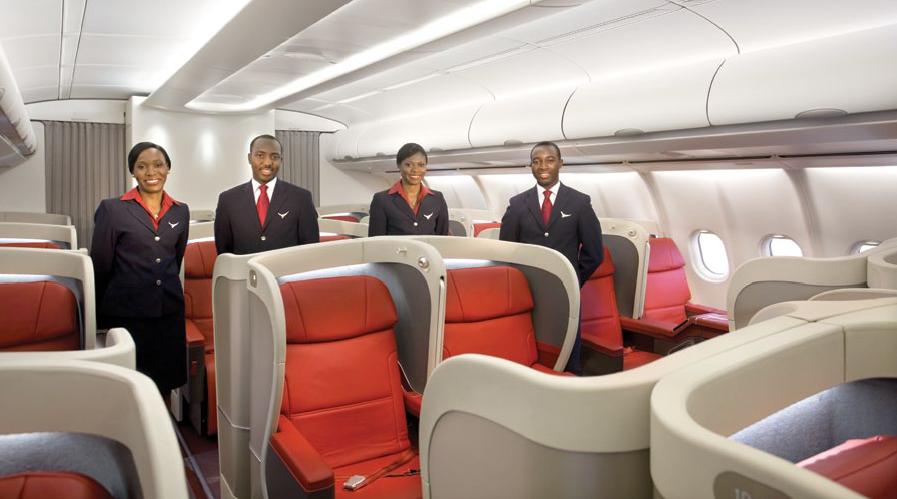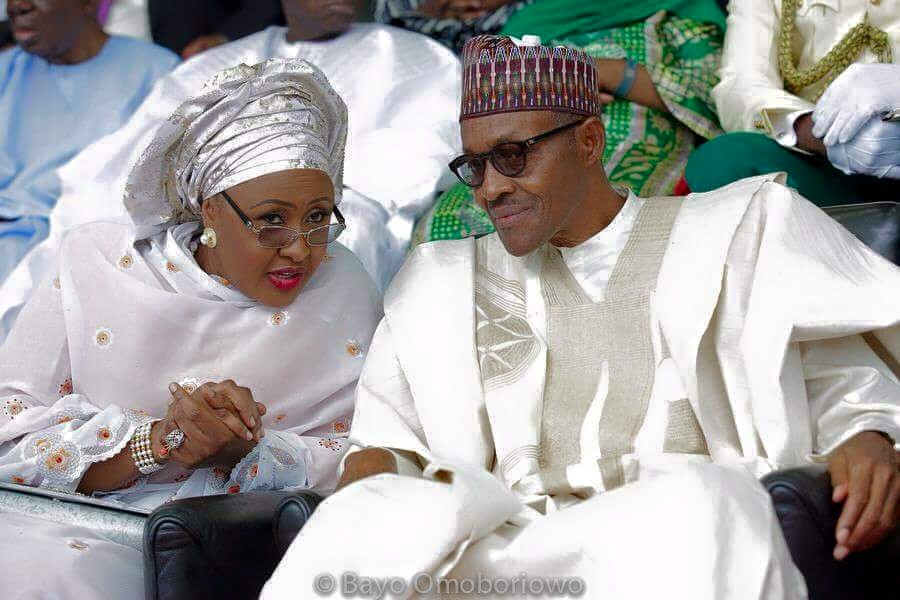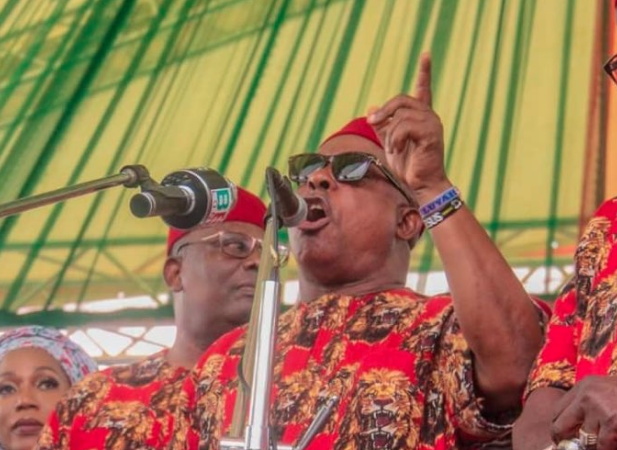Gbenga Olawepo-Hashim, presidential candidate of the Peoples Trust (PT), has written to the Independent National Electoral (INEC), demanding a further extension of the general election.
INEC shifted the polls on Saturday morning, citing logistics challenge.
In the letter addressed to Mahmood Yakubu, chairman of the commission, Olawepo-Hashim said one week extension is “rather too short to conclude the stated enormous logistics requirement for the polls”.
He said another extension was reasonable in view of the logistics burden on the contestants and the parties.
Advertisement
Olawepo-Hashim added that candidates and parties would now have to repeat logistics preparations that have hitherto been deployed to achieve the level of mobilisation at the February 16 scheduled election.
“It is my considered opinion that in the haste to stick to a quickly announced date for the election, the Commission may not have paid adequate attention to the attendant voter apathy that may result if adequate confidence building measures are not implemented to win back ‘would-be’ voters for the next date of polling,” the letter read.
“As a result and because a potential voter’s apathy in some section of the country or all of the country may substantially affect the results of the election, a new date of election should be between three to four weeks from February 16 not one week from February 16 as previously announced.
Advertisement
“This is more so for self-funded candidates and political parties who do not have the possibilities or intentions of falling quickly on the State treasuries to refinance another logistic deployment.”
He said campaign should also resume undoubtedly in consonance with extant legislation that allow it to continue up till 48 hours before elections, in order to achieve the same level of mobilisation of voters as before February 16th.
Copied in the letter were the United Nations representatives, observers and civil society groups, the diplomatic community and the media.
Advertisement
Add a comment
